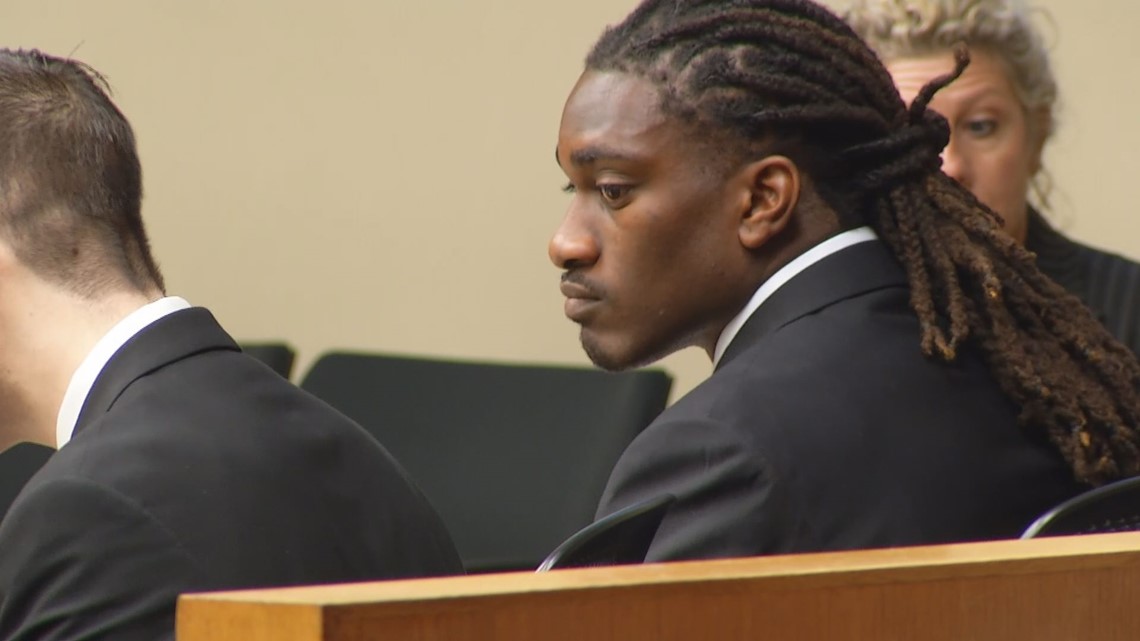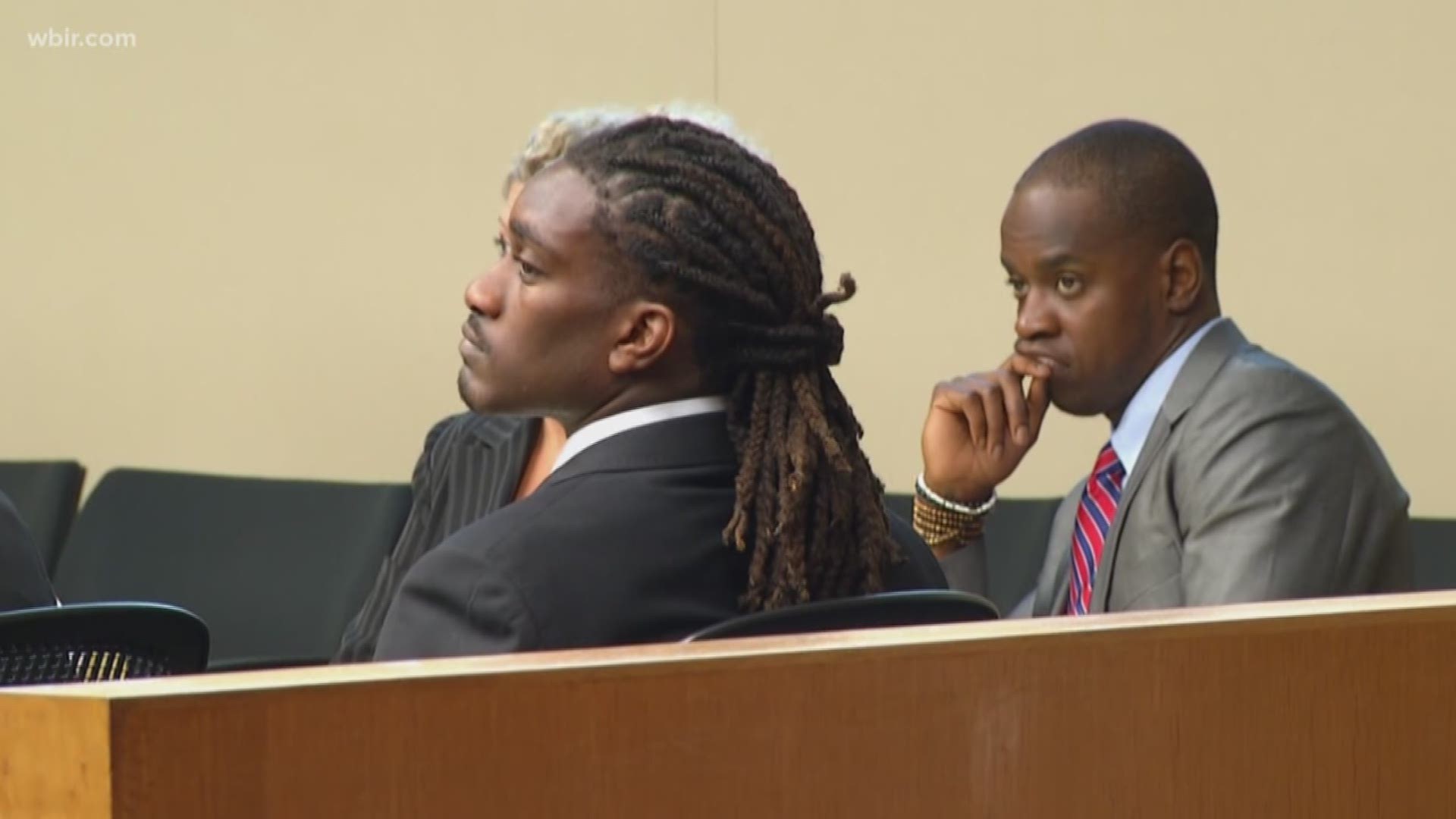Knoxville — The jury foreman in last month's rape trial of two former University of Tennessee football players compares the prosecution's case to opening a can of Coke.
It started with a lot of fizz, said Ralph Pollard, but as time passed the fizz went flat.
"The start of the case was an emotional roller coaster for a lot of us," Pollard said Monday in an interview at his Halls area home. "It was almost like they were basing their case on emotion. And a lot of the evidence -- it was kind of tough to say, OK, how does this relate to two men and one woman and whether there was consensual sex or not."

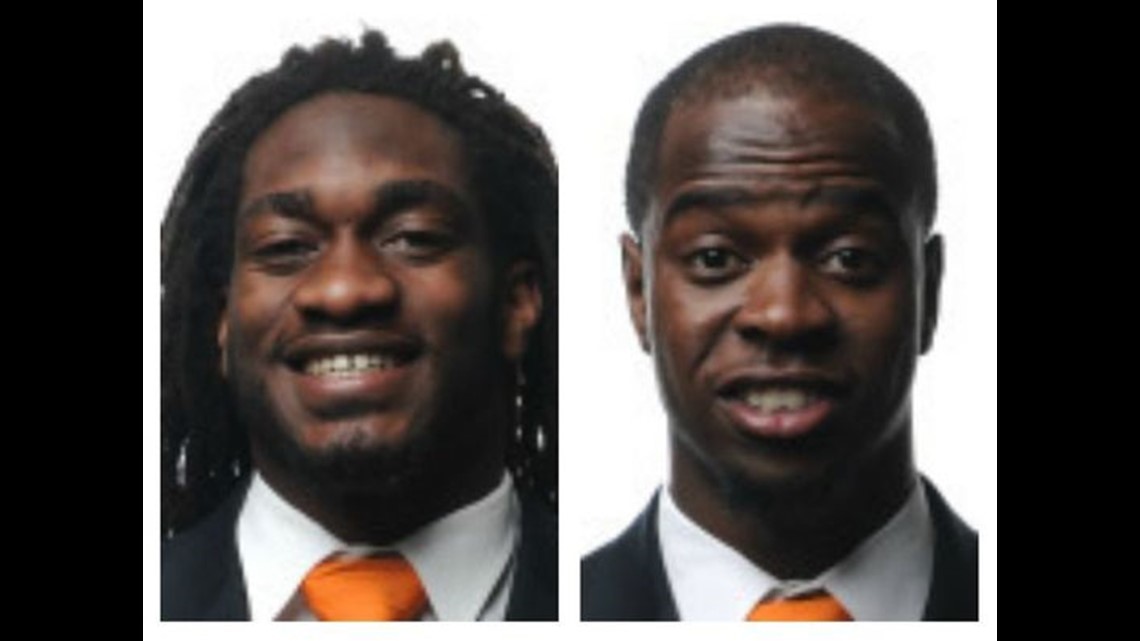
Pollard spoke Monday publicly for the first time about the two-week trial in Knox County.
The 75-year-old retiree and his peers acquitted the former University of Tennessee football players July 27 of rape charges after about 90 minutes of deliberation.
Related: 911 call played during trial
On Monday afternoon, the Denver Broncos announced they'd signed Johnson, a linebacker, to the team. That's not something that could have happened without an acquittal.
Weighing the facts
Johnson and Williams were accused of assaulting a female UT athlete in November 2016 in Johnson's bedroom at his South Knoxville apartment. It happened during a party that included various UT athletes staged after a UT victory over Kentucky.
After a week of questioning to pick a seven-woman, five-man jury, the state's presentation of evidence took a week.
Witnesses included the alleged victim; a friend who had been with her, Johnson and Williams for a time in Johnson's bedroom; a former UT football player; and a Knoxville police investigator.
Defense attorneys Stephen Ross Johnson and David Eldridge put on no proof, although they'd considered having A.J. Johnson testify.

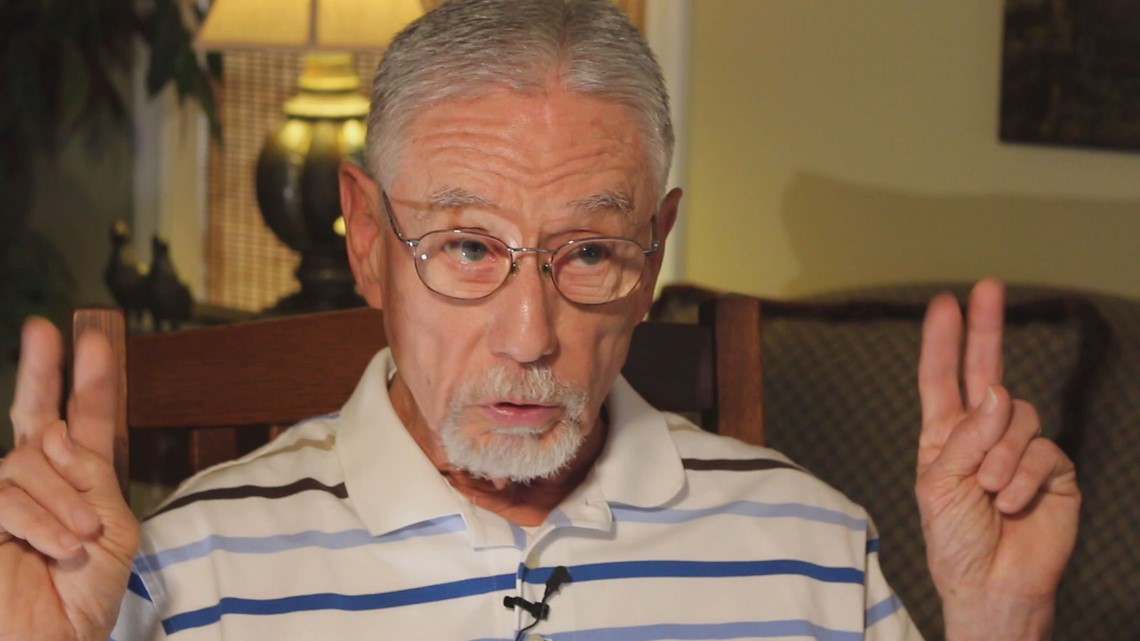
After closing arguments and getting instructions from the judge, jurors on the afternoon of July 27 settled down to debate the merits of the state's case. Pollard said it was clear to many there was reasonable doubt in the accusations against the pair.
"Obviously, it was an emotional situation for (the alleged victim)," he said. "Everybody felt for her and her testimony. It was difficult and it was a long period of time where she couldn't talk."
The foreman said the allegations certainly prompted an emotional reaction in him.
“I’ve got two granddaughters. If something like that happened to my granddaughter, I’d want to rip their throats out with my bare hands you know?” he said.
But questions lingered from the testimony: Why hadn't certain pieces of evidence been introduced? Why didn't certain witnesses testify?
Other questions persisted.
"It all came down to the credibility of the girl, and there were some issues that brought doubt," Pollard said.
The alleged victim testified she wouldn't put her friend, Anna Lawn, who was visiting from out of town, into a compromising situation. And yet, it happened, the foreman said.

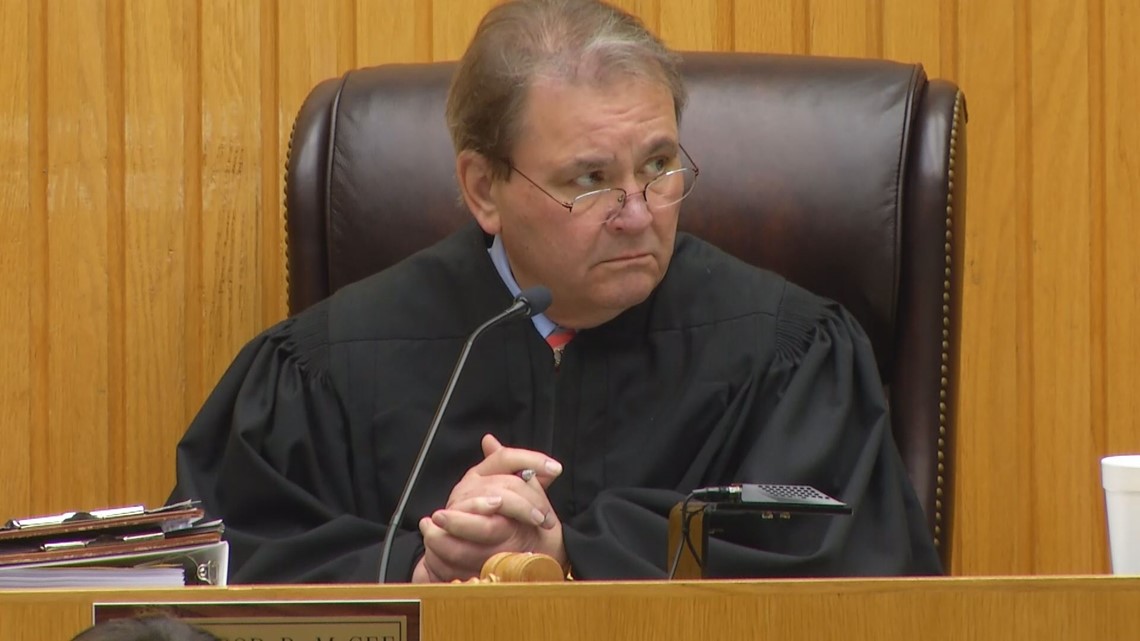
The jury heard testimony that Lawn was present in the bedroom when Johnson and the alleged victim had what appeared to start out at least as consensual sex.
Both women also testified they got rid of their cellphones soon after the alleged rape. The victim told jurors the phone no longer worked, Pollard said.
"Why you would sell a phone that didn't work to somebody else -- if it in fact was too defective to save?" he said.
Pollard said he wondered why evidence from the rape kit, taken after the alleged attack, wasn't introduced.
He said he wondered why UT player Von Pearson, who he recalled was right outside A.J. Johnson's bedroom door after the alleged attack and who comforted the young woman, didn't testify.
Verdict with one vote
Pollard said jurors thought something certainly happened in Johnson's room that night. But they couldn't agree that it reached the level of a crime such as rape for which they could convict someone.

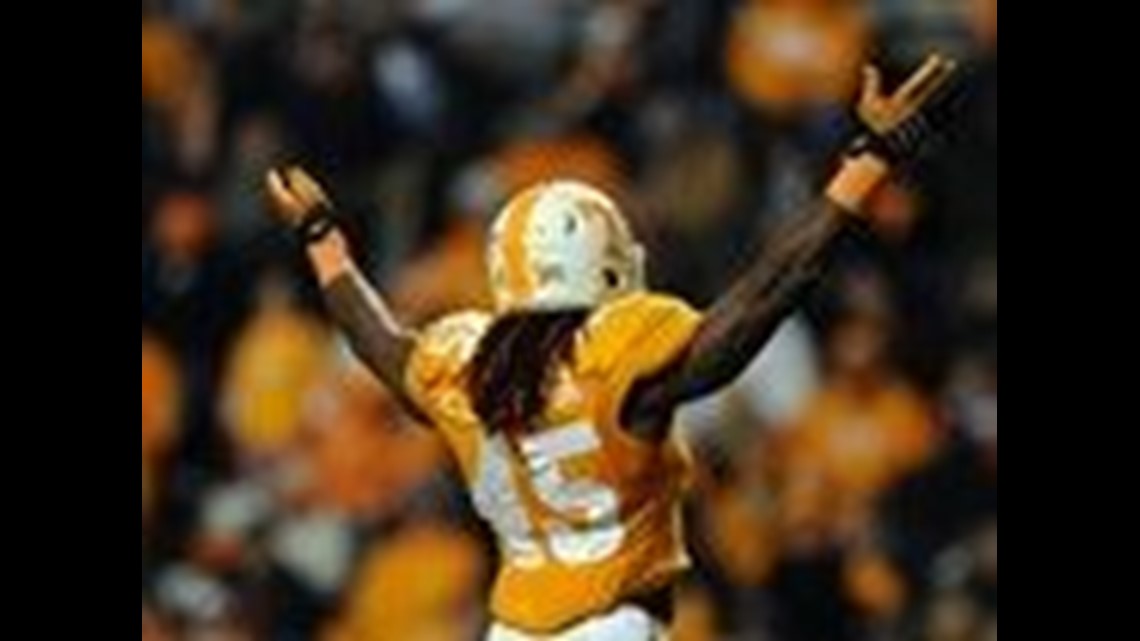
The panel worked hard, Pollard said, hearing each other out and staying focused from start to finish during deliberations. Everyone was courteous; discussions were civil.
They reviewed evidence including photos taken at the scene and the young woman's 911 recording. On it, she told a dispatcher she didn't want to get anyone in trouble, Pollard said.
10News also spoke Monday with one of the seven women jurors in the case. She said she was the only person who at the start of deliberations thought the men were guilty.
But in the end, she said, she agreed the jury could not convict. She declined Monday to go on camera.
Pollard said jurors took only one vote -- and that led to the not guilty verdicts.
"The people that were on the jury -- you'd be proud to have any one of them for a neighbor," he said. "They were all great people, conscientious, attentive people who took it serious."

